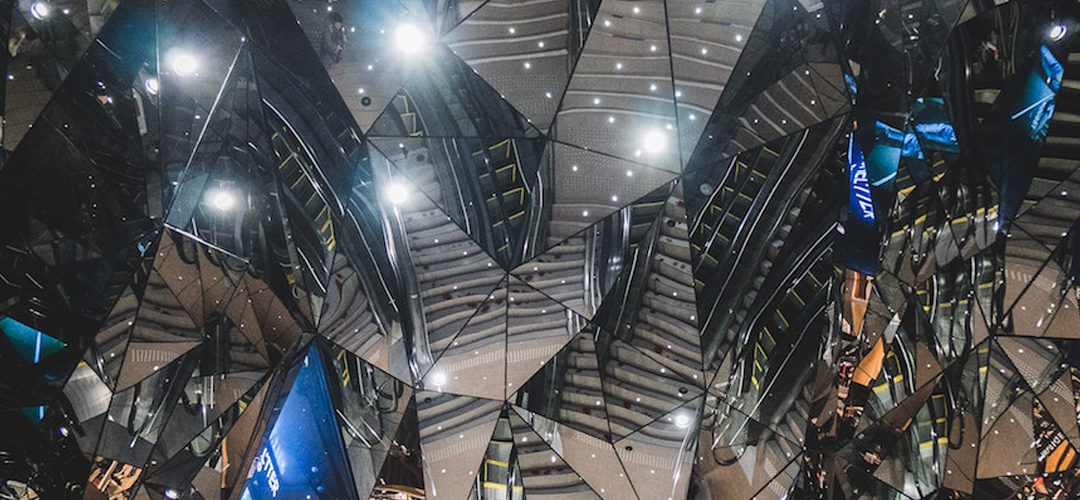Photo Credit: Brannon Naito on Unsplash
For some time at the Lab, we’ve been exploring what we consider to be the future of campus-based education. Whilst online education is a key strategic element of the Universities future plans, campus-based education remains a core business component. Responding to the challenges posed by new technologies, changes in student expectations, and shifts in skills required by the graduate jobs market, not to mention the capital costs of campus-based teaching, is something many universities are currently facing. Working with the Faculty of Arts and Humanities, we have been developing the concept of the ‘Hyperstudio’ as a springboard to explore these challenges moving forwards.
The Hyperstudio provides a conceptual framework in response to a drive towards innovative, open and connected educational practices. Hyperstudio seeks to challenge the learning of old, affirmatively speculating on the changing nature of the contemporary professional space and the dynamic role of 21st century professional practitioners.
In the next five to ten years the changes brought about by the growth in digital, Artificial Intelligence and connected technologies across all professions (as well as the entrance into Higher Education of applicants who will increasingly have/expect digital delivery and adaptive technologies as a starting point) mean that we have to think about what will now be of sufficient value to the students who come to study on our courses. Students will expect teaching and learning that engages them in the moment of learning, creating authentic and immediate learning experiences that they can personalise to their own aims, interests and ambitions. They will expect to be able to see how their learning offers them improvement in areas that matter to them and to their subject fields. They will expect those teaching them to be acknowledged thought and practice leaders within those fields, able to provide curated access to the kinds of networks that will enhance their learning experience and build their employability.
Responding to these expectations requires a collaborative effort by all Higher Education staff, whom seek to explore and develop new practices, ideas, and solutions from across the range of disciplines and draw upon wider best-practice from appropriate disciplinary areas. Explicit interdisciplinary interventions designed to positively impact and prepare students for this new hyper-world will increasingly become a defining attribute of the modern academic. Drawing on the rich cultural and diverse wealth which students embody, further enhances our abilities to respond to the challenges posed in a post-Brexit, yet globally facing economy.
The Hyperstudio may exist as a space determined by the individual student(s) within which they reflect, study, create and produce. The student(s) define the space at hand as a studio and in response to the kinds of work that they will be doing. As a space, the Hyperstudio provides them with the building blocks for developing their own process and ultimately for conceptualising their own practices. Taking the class out of the classroom in this way is a provocation designed to insist that relationships experienced by students do not have to remain in the form in which they are experienced, nor should the relationships which already exist remain unquestioned.
Through access to rich, generative learning experiences which maximise the best of academic contact time and online possibilities, the Hyperstudio provides a framework for intensive, quality learning experiences which place value at the heart of the student experience.

